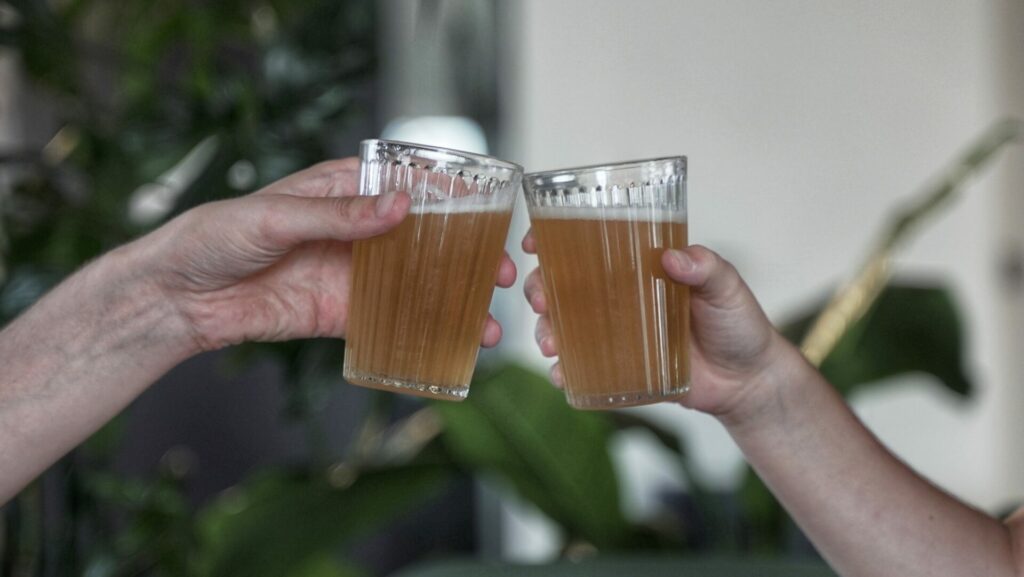Launched in 2013 in the United Kingdom, Dry January – going without alcohol for the first month of the year – is now followed in many European countries, including Belgium. However, despite the proven health benefits, this cessation of alcohol consumption can cause anxiety and stress.
Experts on alcohol consumption have labelled this phenomenon FOMA, which stands for "Fear of Missing Alcohol.” While Dry January fits perfectly with the idea of setting healthier New Year resolutions and goals, quitting alcohol for a period of time can be difficult for some people.
According to experts, a person suffering from FOMA may be afraid of missing events, of feeling rejected by friends or colleagues, of not "being in the mood." This anxiety is similar to FOMO ("fear of missing out"), a social phobia that causes some people to stay connected constantly for fear of missing an event, news, a buzz or an outing with friends.
People who associate alcohol with moments of celebration, and the lack of inhibitions, may have been unconsciously training their brains since their teens to believe that alcohol is a prerequisite for feeling comfortable in social situations. The removal of this perceived safety net will scare some.
Related News
- Brussels experiences explosion in craft beer start-ups
- Alcoholism far more prevalent among over-55s, not young people
If you think you could be one of these people, it may be a good place to start by asking yourself about your alcohol consumption.
Is it indispensable in your social relations? Will an evening be less enjoyable if it is not lubricated? Is having a drink the only way you can decompress?
Taking a break can help to find some answers, alone or accompanied by a professional. It is also advisable not to attempt a period of abstinence alone. Try to find someone to accompany you in this challenge.
For those who do better with digital help, you can share your progress on social media by using the hashtag #ledéfidejanvier or download the applications Dry January, Stop Alcohol or Easy Quit.

